Tabitha has chosen to submit some of her writing. Below are two short pieces: “Sacrifice” and “Highway 54” for readers of Women in Horror Month.
Sacrifice
It was that time of year again. My body caught the flu, which sent my mom into a cleaning frenzy. Whiffs of pine cleaner, bleach, and even her homemade disinfectant entered almost every room, letting everyone who entered know that her house was not just clean, but immaculate. I’ve always loved my mother and she was always willing to help me get better. Each day, she used just a bit of disinfectant to take all of the germs away.
From what I’ve been told, I was a happy baby. My parents had the brightest smiles in the room when I was born; but the good times didn’t last. By the time I was eight, my dad got real sick and died. Mom tried her best to make him better, but by the time the doctors helped him, it was too late. The flu they said was the cause. Since then, my mom made it a mission to keep the house clean, so we won’t end up like Dad.
Five drops here, five drops there, Mom used her disinfectant. I had become used to the smell of lavender and lemon, which was always more soothing than the pine and lemon. Mom enjoyed when I complimented her on her cleaning and creativity, so she would make my favorite soup.
Chicken noodle. Smelling the rich, warm broth fill my nostrils always made me feel instantly better before I even tasted it. Bit of carrot and potatoes to make sure that I got my vegetables, and chunks of chicken. Every gulp made me smile even more, and made Mom very happy. But one day she wasn’t as happy. She told me she just missed Dad and how she ached for his love. I knew that she missed him, which I shared too, and she promised that we’d all meet each again someday.
Mom said it had been two weeks and I was still sick. My cough was getting worse, making Mom more concerned. More soup, more cleaning. The scents became heavier, but she said she wasn’t cleaning hard enough. From two times a week to almost every day, I heard the rag in the bucket or the sink and Mom’s voice hum a tune. She said she was having another one of her “days,” so cleaning happened every hour and she started making nothing but soup for me.
Although I didn’t mind, my taste for the soup started to wane. Mom hated when I complained and said soup was going to be my only meal. I hated making her mad; it made her clean more. Gulp by gulp, the soup became almost inedible, but I had to be grateful for what I had, which included the love of my mother. After all, I was her only child. The taste of lavender hit my lips and she explained that it was a new twist on the soup to make me more relaxed; but all it did was make me cough longer. Perhaps I was allergic to lavender but all I knew was Mom’s standard five drops of disinfectant became daily capfuls of usage.
Perhaps my immune system wasn’t strong enough to fight off the cold, and I reunited with Dad. Perhaps I wasn’t Mom’s love after all, especially once Dad’s and my life insurance policy dropped into her bank account.
Highway 54
Brown teddy bear with standard stitching and right eye removed, soaked from the rain on Highway 54. It was then his life changed. It was only a few miles from where he figured that for once his life would finally come back together, but during that moment it was replaced with fear, something that he never knew until he looked into the eyes of his son. Everything except the smells were a distant memory. The smell of the air thickened in his nostrils as it happened, the smell of the rain kissed with humidity, and the smell of blood. From his lips and nose to his glass covered car seats and his son, the scent was all around him, a constant reminder of that particular moment.
As he clutched the now tattered teddy bear in his arms, he tried to forget, but it was inevitable, the final moments in the car with his son were still there, including the tiny shards of bloody glass hidden in the creases in the road. Blue and red lights were in the distance, and as they came closer, it sank in. He wanted nothing more than to have the love of his life back, their lives filled with laughter and love. Improper placement of the car seat is what he would tell the police. He had no choice, it was the only way he could keep his marriage.
Tabitha Thompson is a lover of writing words that become horror stories, reading, coffee, rock music, and video games while residing in Florida as a college student. Her work is featured in publications such as Sirens Call Publications, JEA Press, and Mocha Memoirs Press. When she’s not writing, she spends time with loved ones. Always inspired, always creating.
Twitter ID: @Tabicat90 Instagram: http://@tabby_t137

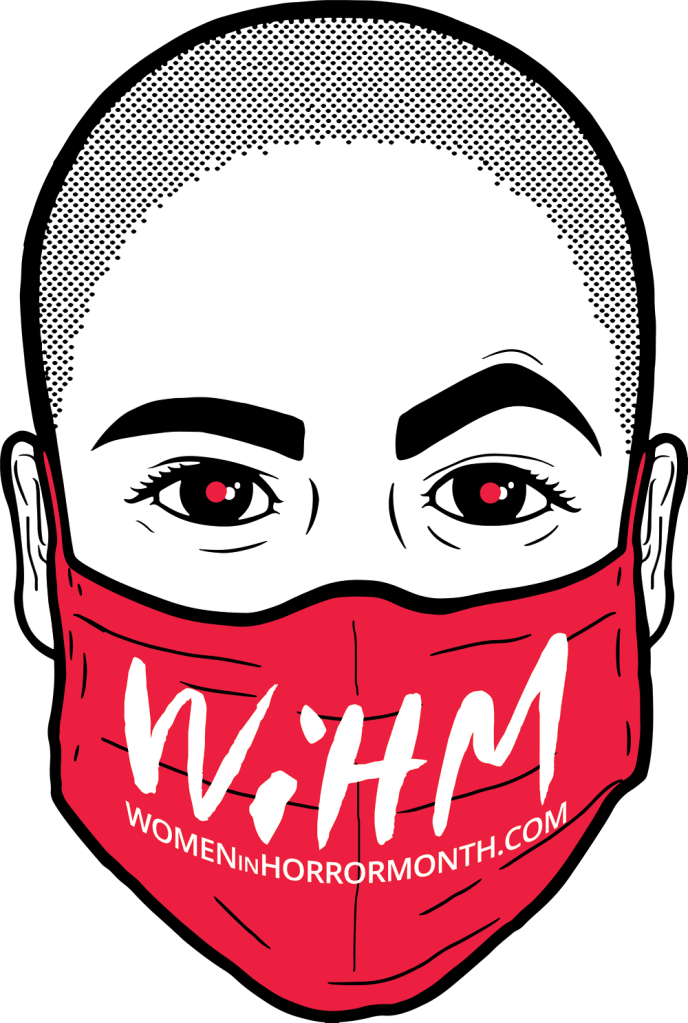
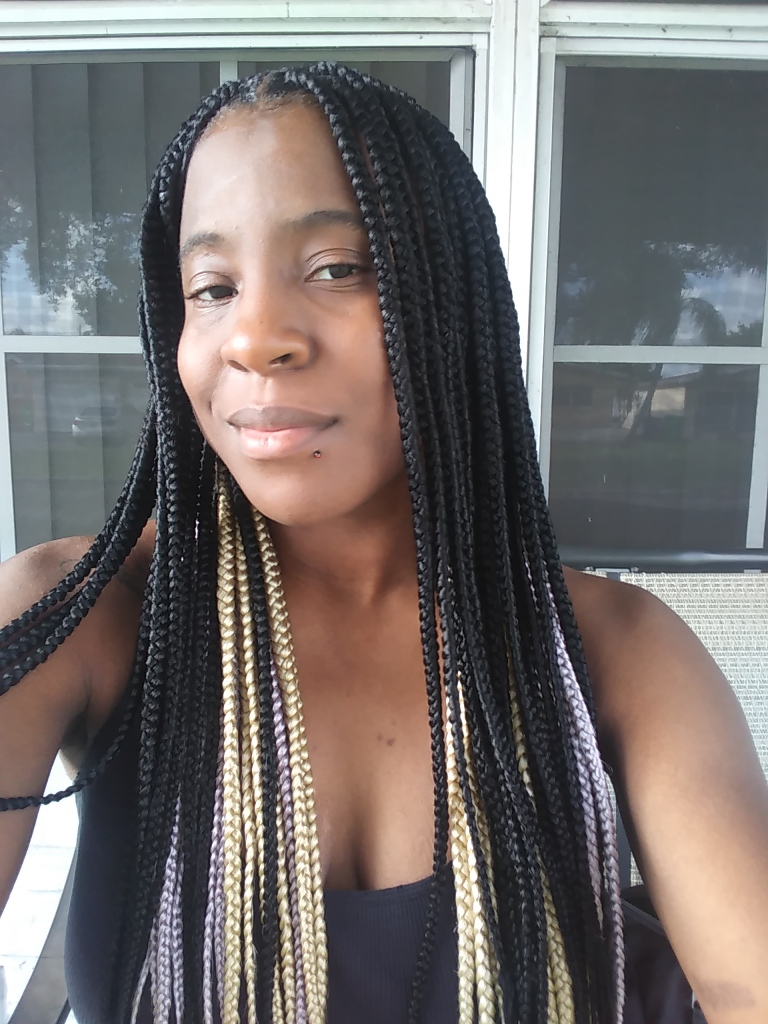
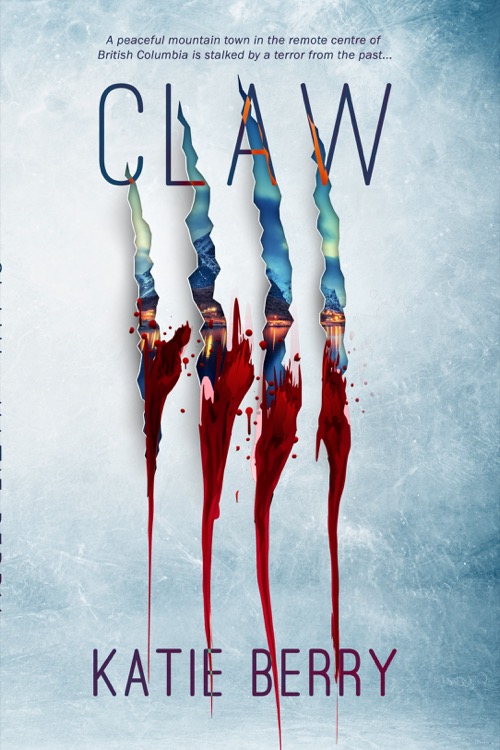
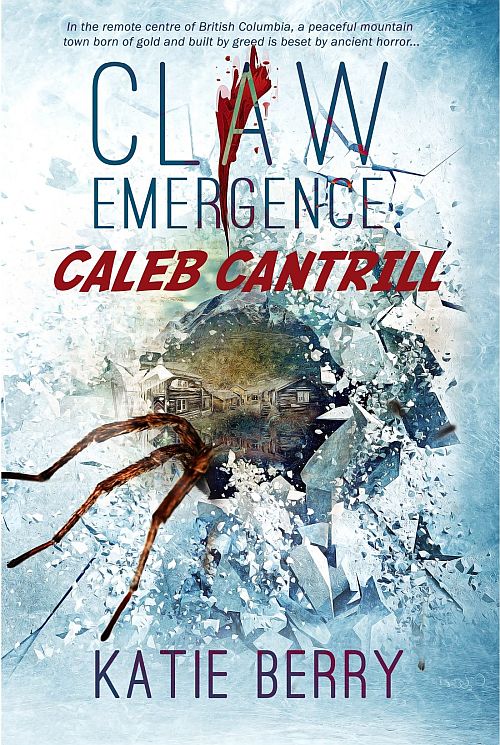
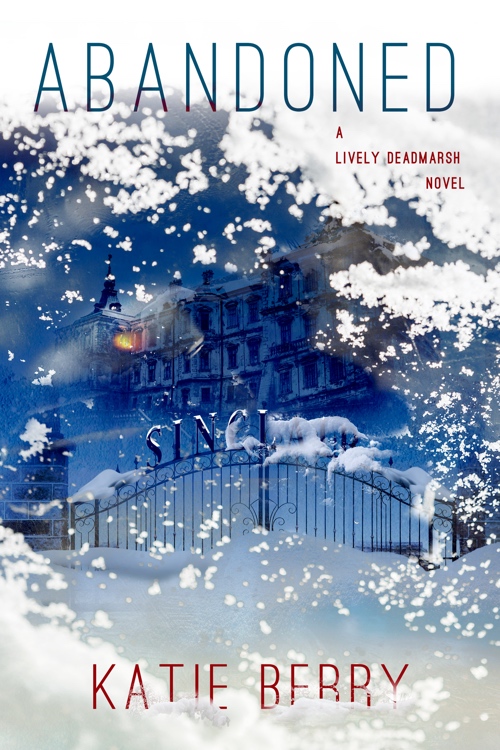
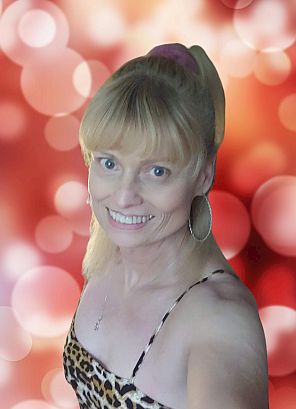

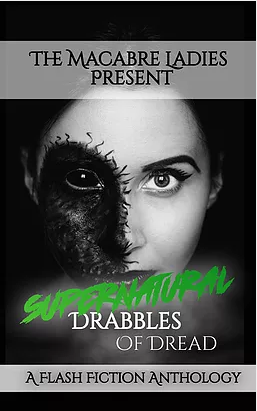
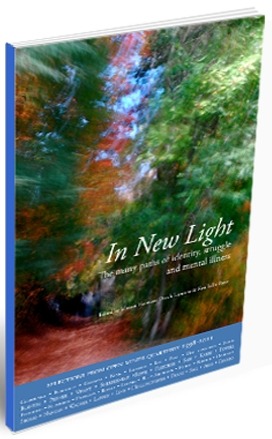
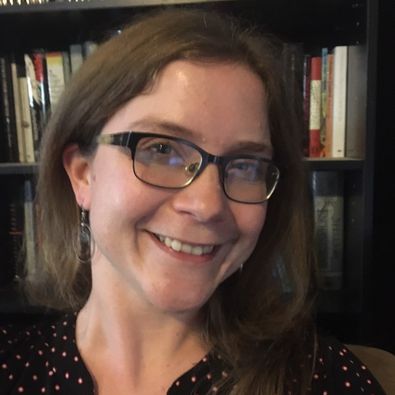
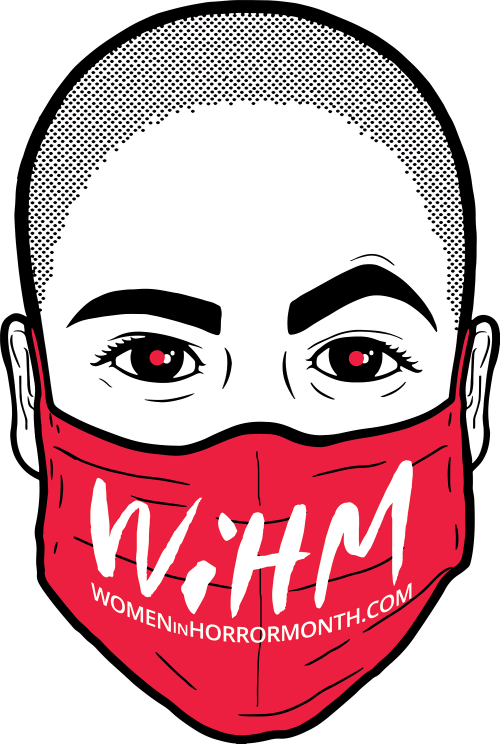
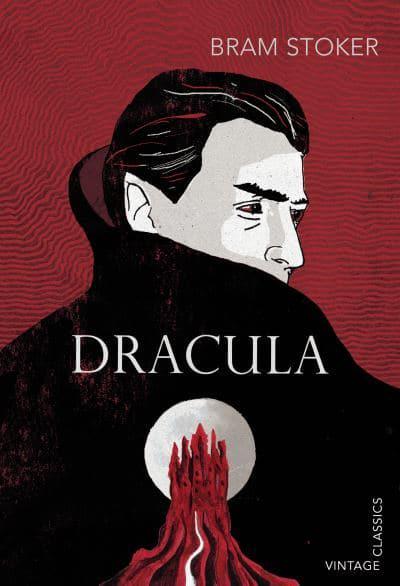

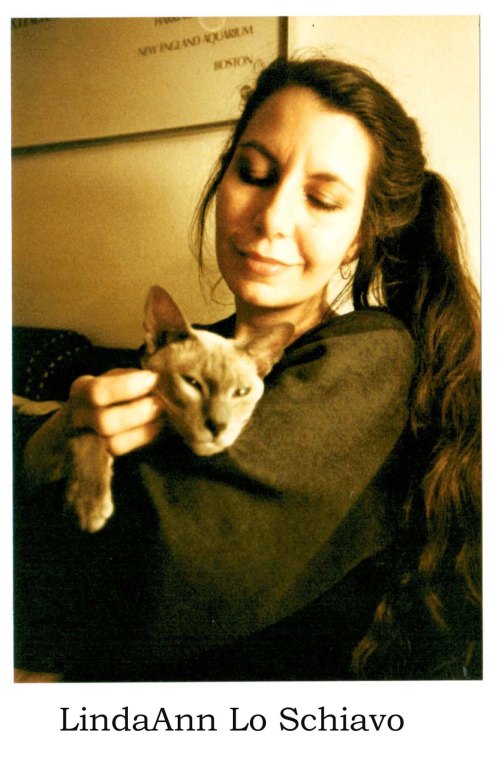
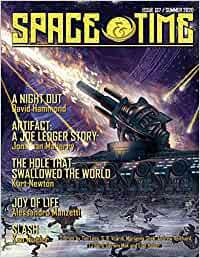
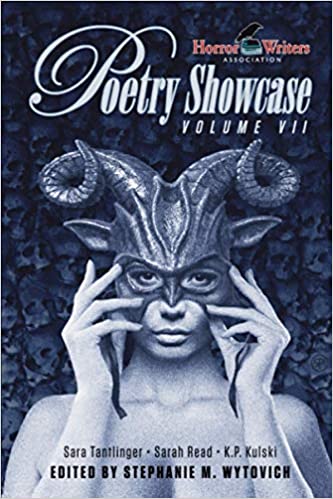
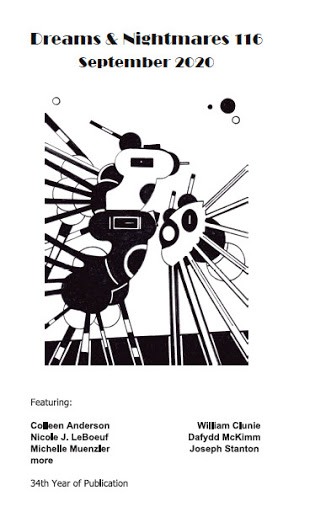
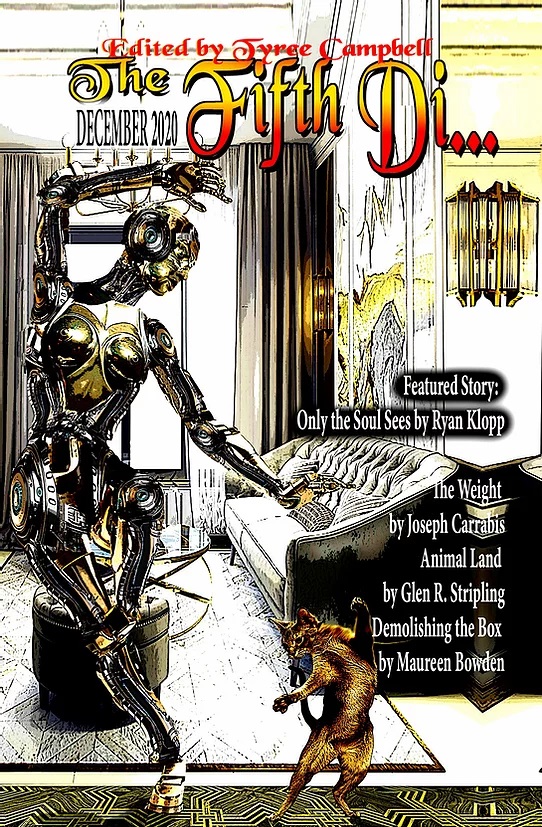
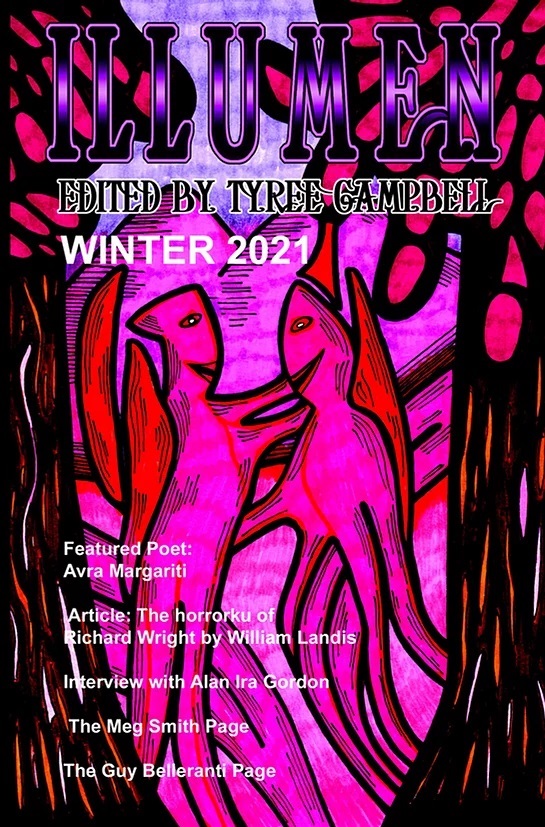
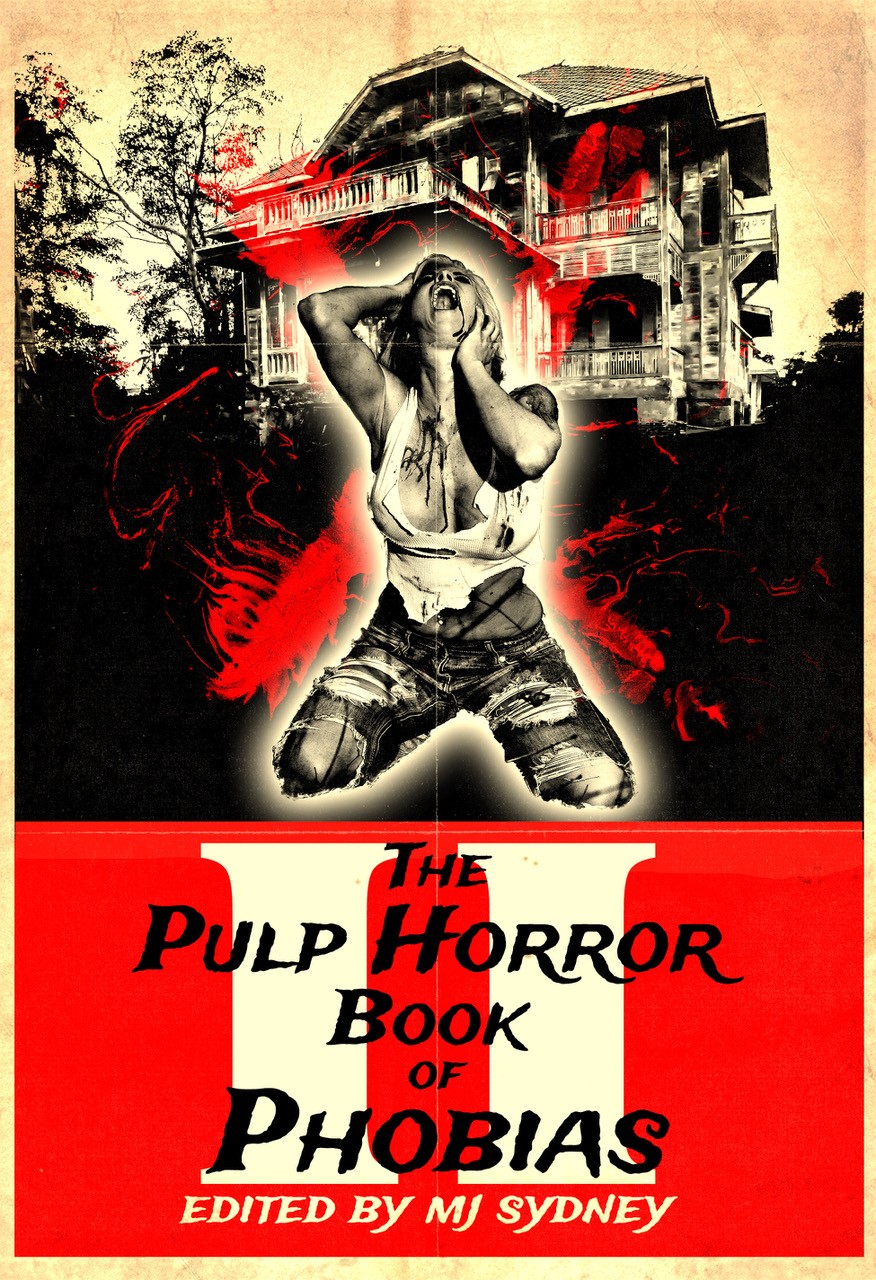
 Well, I don’t think there is much point in singing the pandemic song. This might be the only time in recent world history, or ever, where the world is experiencing the same event at the same time, and we’re all in the same boat. Isolation, depression, sadness, frustration, anger, fear: it’s affecting all of us in different ways. We don’t know if our world will ever go back to what it was and maybe all of it shouldn’t.
Well, I don’t think there is much point in singing the pandemic song. This might be the only time in recent world history, or ever, where the world is experiencing the same event at the same time, and we’re all in the same boat. Isolation, depression, sadness, frustration, anger, fear: it’s affecting all of us in different ways. We don’t know if our world will ever go back to what it was and maybe all of it shouldn’t.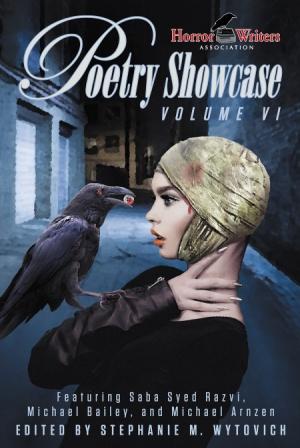 I’d add this into the post, also for my friend Vie. Besides Horror Tree, I also check out
I’d add this into the post, also for my friend Vie. Besides Horror Tree, I also check out 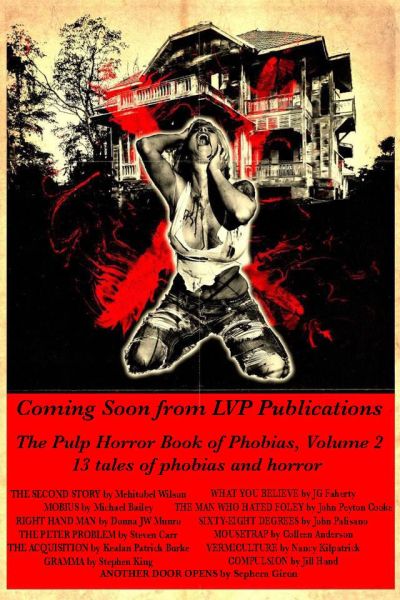 Onto other news. I was awarded a BC Arts Council Grant in March. Oddly it was for an application from last year but I’m not saying no to funds for my writing trips. Engen Books in eastern Canada sponsors the Kit Sora flash fiction–flash photography monthly contest. I’ve used the short 250 word entries as a way to continue writing while grieving my bother’s death last year. In Dec. I came third place with “
Onto other news. I was awarded a BC Arts Council Grant in March. Oddly it was for an application from last year but I’m not saying no to funds for my writing trips. Engen Books in eastern Canada sponsors the Kit Sora flash fiction–flash photography monthly contest. I’ve used the short 250 word entries as a way to continue writing while grieving my bother’s death last year. In Dec. I came third place with “ Why should women get short shrift? Women in Horror Month (February) is the shortest month of the year, even in a leap year! So, with that in mind, I’m doing my own extension of Women in Horror. I’ve featured 30 female poets, with Ann Scwader as guest today. There have been many award winners, nominees and extremely well published poets. I’ve had the chance to read more of their works and also read some new poets. Stay tuned; I’ll be featuring other writers from time to time, both male and female. I hope you’ve enjoyed these short interviews as well and continue to search out other works by the authors. The world is a vast and rich place, and the worlds shown by these poets expand those horizons.
Why should women get short shrift? Women in Horror Month (February) is the shortest month of the year, even in a leap year! So, with that in mind, I’m doing my own extension of Women in Horror. I’ve featured 30 female poets, with Ann Scwader as guest today. There have been many award winners, nominees and extremely well published poets. I’ve had the chance to read more of their works and also read some new poets. Stay tuned; I’ll be featuring other writers from time to time, both male and female. I hope you’ve enjoyed these short interviews as well and continue to search out other works by the authors. The world is a vast and rich place, and the worlds shown by these poets expand those horizons.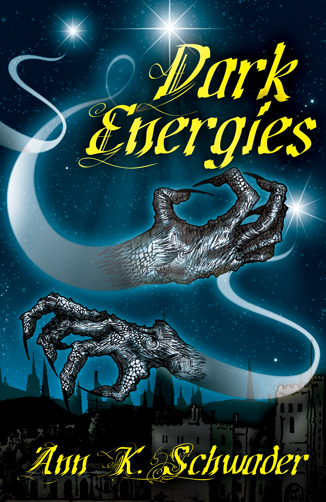
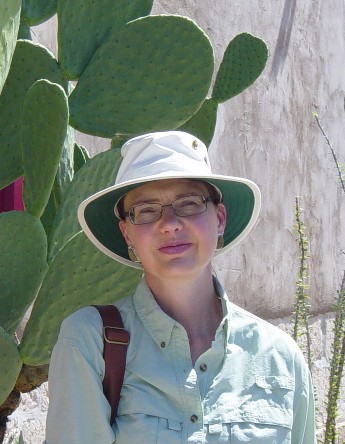 Ann K. Schwader is a poet, short fiction writer, and occasional reviewer of SF and dark works. She lives, writes, and volunteers at her local branch library in suburban Colorado. Her eighth speculative poetry collection, Unquiet Stars, is forthcoming from Weird House Press in late 2020.
Ann K. Schwader is a poet, short fiction writer, and occasional reviewer of SF and dark works. She lives, writes, and volunteers at her local branch library in suburban Colorado. Her eighth speculative poetry collection, Unquiet Stars, is forthcoming from Weird House Press in late 2020.
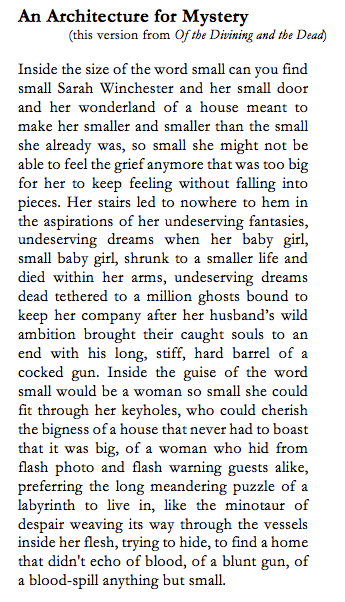
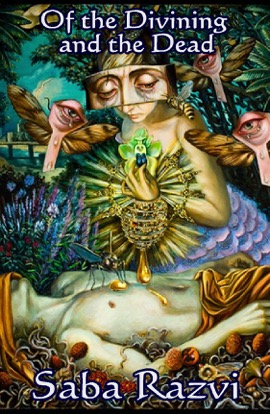 longing for the world. The most difficult aspect of writing poetry, then, isn’t finding the shape or the words or the idea, it’s the ability to let the world go long enough to invoke the energy that is the poem, to bring it into being. The ordinary world in which we all live is filled with obligations and tasks, responsibilities to be checked off and managed. We flit from one thing to the next, barely being in the world despite the time we spend. Poetry demands a deeper engagement, a vulnerability that comes from setting down those other duties and reins. I think the most difficult aspect of writing poetry is the point in the process when we must let go of our grasp on the ordinary world, trust our tether to allow us a space to create and a path to return. Composing poetry is a bit like falling into a trance; it isn’t something you can do while driving to the post office, but something you have to lean into. It needs deep time, and finding that time can be a challenge in our modern, busy lives!
longing for the world. The most difficult aspect of writing poetry, then, isn’t finding the shape or the words or the idea, it’s the ability to let the world go long enough to invoke the energy that is the poem, to bring it into being. The ordinary world in which we all live is filled with obligations and tasks, responsibilities to be checked off and managed. We flit from one thing to the next, barely being in the world despite the time we spend. Poetry demands a deeper engagement, a vulnerability that comes from setting down those other duties and reins. I think the most difficult aspect of writing poetry is the point in the process when we must let go of our grasp on the ordinary world, trust our tether to allow us a space to create and a path to return. Composing poetry is a bit like falling into a trance; it isn’t something you can do while driving to the post office, but something you have to lean into. It needs deep time, and finding that time can be a challenge in our modern, busy lives!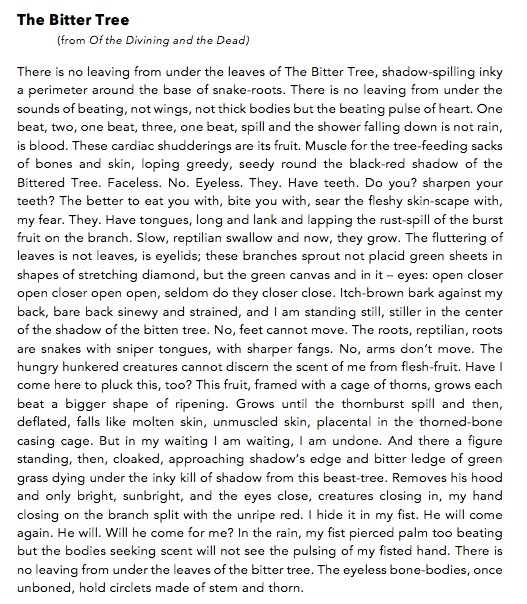
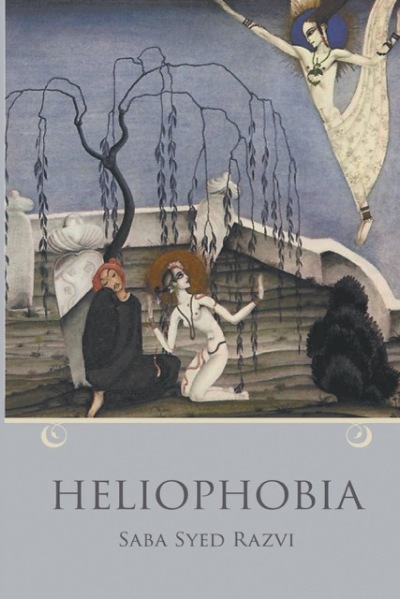
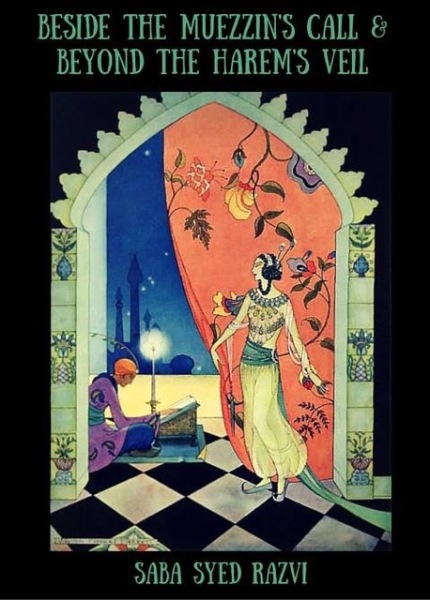 About my poetry: I like to test the limits of language, its textures and materiality, its logic and its magic. My poems are often fashioned into invented or embellished forms, sometimes inherited from gestures of divination or worship, from storytelling and from science. I tend to prefer things that are complicated, that slip between our expectations, and I write poems in such a manner that exaggerates such a sensibility in my form and my cadence. I’m not interested in making the familiar new, but in making the weird even weirder. My formal innovation and defiance of strictly traditional forms is a kind of linguistic play and ritual, all at once. As such, I tend to be drawn to and to explore literary works that blur the lines in all ways. A rebel on the page, if not in life! My academic research tends to explore more social and communal aspects of literature, technology, science, and the speculative. I’m drawn to the ways in which our literature reaches back into our human heritage, and what it projects forward with its words and with its technologies. After all, our language is all haunted and its words are the machines through which we experience those echoes of memory and the valence of the expression. I’m interested in work that blurs the lines and the distinctions, that deliberately transgresses the structures of literary art and human experience. It is my hope that my own work can inspire the same kind of interest in others as I feel for the things I write about and the things study.
About my poetry: I like to test the limits of language, its textures and materiality, its logic and its magic. My poems are often fashioned into invented or embellished forms, sometimes inherited from gestures of divination or worship, from storytelling and from science. I tend to prefer things that are complicated, that slip between our expectations, and I write poems in such a manner that exaggerates such a sensibility in my form and my cadence. I’m not interested in making the familiar new, but in making the weird even weirder. My formal innovation and defiance of strictly traditional forms is a kind of linguistic play and ritual, all at once. As such, I tend to be drawn to and to explore literary works that blur the lines in all ways. A rebel on the page, if not in life! My academic research tends to explore more social and communal aspects of literature, technology, science, and the speculative. I’m drawn to the ways in which our literature reaches back into our human heritage, and what it projects forward with its words and with its technologies. After all, our language is all haunted and its words are the machines through which we experience those echoes of memory and the valence of the expression. I’m interested in work that blurs the lines and the distinctions, that deliberately transgresses the structures of literary art and human experience. It is my hope that my own work can inspire the same kind of interest in others as I feel for the things I write about and the things study.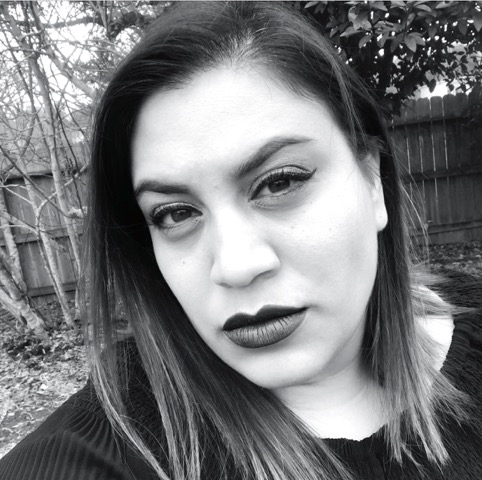 Crocodile Gardens (Agape Editions) and the collection heliophobia (Finishing Line Press), which appeared on the Preliminary Ballot for the Bram Stoker Award ® for Superior Achievement in Poetry, as well as the chapbooks Limerence & Lux (Chax Press), Of the Divining and the Dead (Finishing Line Press), and Beside the Muezzin’s Call & Beyond the Harem’s Veil (Finishing Line Press). She is currently an Assistant Professor of English and Creative Writing at the University of Houston in Victoria, TX, where in addition to working on scholarly research on interfaces between contemporary poetry and science and on gender & sexuality in speculative and horror literature and pop-culture, she is writing new poems and fiction.
Crocodile Gardens (Agape Editions) and the collection heliophobia (Finishing Line Press), which appeared on the Preliminary Ballot for the Bram Stoker Award ® for Superior Achievement in Poetry, as well as the chapbooks Limerence & Lux (Chax Press), Of the Divining and the Dead (Finishing Line Press), and Beside the Muezzin’s Call & Beyond the Harem’s Veil (Finishing Line Press). She is currently an Assistant Professor of English and Creative Writing at the University of Houston in Victoria, TX, where in addition to working on scholarly research on interfaces between contemporary poetry and science and on gender & sexuality in speculative and horror literature and pop-culture, she is writing new poems and fiction.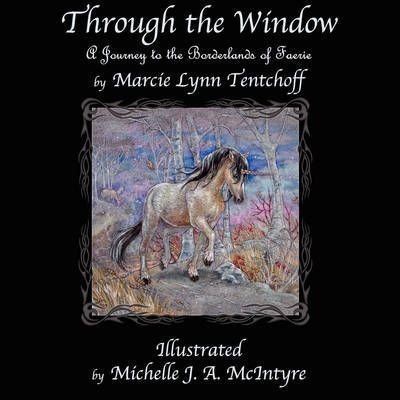 I love to write about bitterness, about making difficult and possibly the wrong choices. I also love writing about how things can be different when seen from differing viewpoints, and how the tales behind known characters and character types are often darker and more complex.
I love to write about bitterness, about making difficult and possibly the wrong choices. I also love writing about how things can be different when seen from differing viewpoints, and how the tales behind known characters and character types are often darker and more complex.
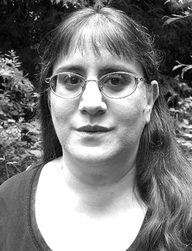 Marcie Lynn Tentchoff is a poet/writer/editor/acting teacher who lives on the west coast of Canada with her various family members, both humanoid and rather obviously not. Her work has appeared in such publications as Strange Horizons, Polu Texni, Star*Line, Polar Borealis, and Dreams & Nightmares. There have been two collections of her poetry, Sometimes While Dreaming, and Through the Window: A Journey to the Borderlands of Faerie, as well as On the Brink of Never, a collection of poems by her writing group.
Marcie Lynn Tentchoff is a poet/writer/editor/acting teacher who lives on the west coast of Canada with her various family members, both humanoid and rather obviously not. Her work has appeared in such publications as Strange Horizons, Polu Texni, Star*Line, Polar Borealis, and Dreams & Nightmares. There have been two collections of her poetry, Sometimes While Dreaming, and Through the Window: A Journey to the Borderlands of Faerie, as well as On the Brink of Never, a collection of poems by her writing group. Carina Bissett graces the virtual pages for Women in Horror Month. The month is nearly at an end but the poetry continues strong.
Carina Bissett graces the virtual pages for Women in Horror Month. The month is nearly at an end but the poetry continues strong. Why do you write poetry?
Why do you write poetry?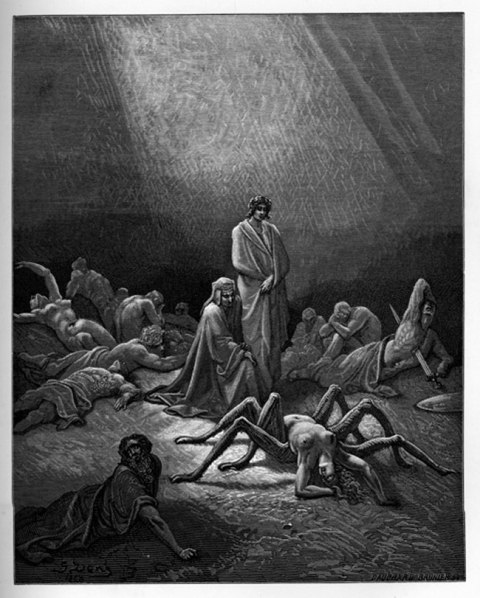 fairy tale. I also have a Snow White retelling coming out in Arterial Bloom, which was edited by Mercedes Murdock Yardley and is scheduled for release by Crystal Lake Publishing in April 2020. It features some wickedly gorgeous work, and I’m ecstatic that my story is included in this anthology.
fairy tale. I also have a Snow White retelling coming out in Arterial Bloom, which was edited by Mercedes Murdock Yardley and is scheduled for release by Crystal Lake Publishing in April 2020. It features some wickedly gorgeous work, and I’m ecstatic that my story is included in this anthology.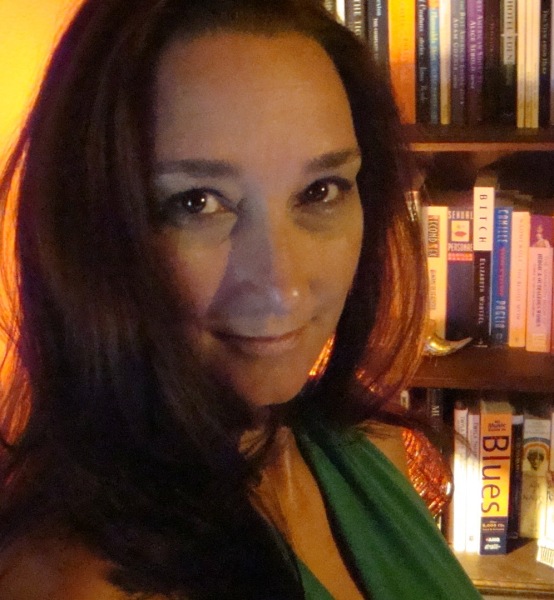 Carina Bissett is a writer, poet, and educator working primarily in the fields of dark fiction and interstitial art. Her short fiction and poetry have been published in multiple journals and anthologies including Arterial Bloom, Gorgon: Stories of Emergence, Hath No Fury, Mythic Delirium, NonBinary Review, and the HWA Poetry Showcase Vol. V and VI. She teaches online workshops at The Storied Imaginarium, and she is a graduate of the Creative Writing MFA program at Stonecoast. Her work has been nominated for several awards including the Pushcart Prize and the Sundress Publications Best of the Net. Links to her work can be found at
Carina Bissett is a writer, poet, and educator working primarily in the fields of dark fiction and interstitial art. Her short fiction and poetry have been published in multiple journals and anthologies including Arterial Bloom, Gorgon: Stories of Emergence, Hath No Fury, Mythic Delirium, NonBinary Review, and the HWA Poetry Showcase Vol. V and VI. She teaches online workshops at The Storied Imaginarium, and she is a graduate of the Creative Writing MFA program at Stonecoast. Her work has been nominated for several awards including the Pushcart Prize and the Sundress Publications Best of the Net. Links to her work can be found at